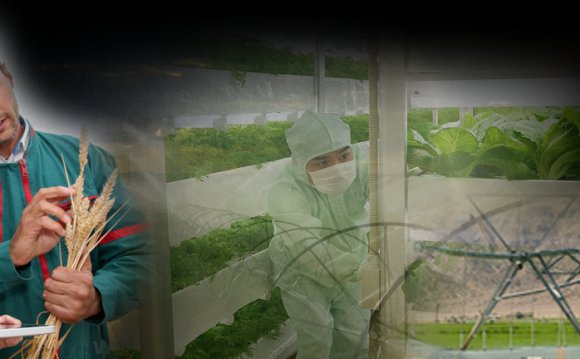
The Biological and Agricultural Engineering department offers an undergraduate B. S. degree program in Biological Engineering (BE degree). This program is accredited by the Engineering Commission of ABET, 111 Market Place, Suite 1050, Baltimore, MD, telephone: (410) 347-7700.
The B. S. degree in Biological Engineering (BE degree) is one of the most versatile engineering degrees available. Every day the integration of the sciences, technology, and mechanics becomes more essential to daily living, hence, our motto "We Bring Engineering to Life".
The Biological Engineering degree has three concentration areas: Environmental, Bioprocessing and Agricultural. The program places emphasis on basic science and engineering courses, such as mathematics, physics, chemistry, mechanics, biology, materials, and thermodynamics, providing a solid foundation for application of engineering principles to biological systems.
Students learn to analyze and develop solutions to unique engineering problems of biological and agricultural systems. Scientific and engineering principles are applied to problems in concentration areas chosen by the students. Examples include biomechanical applications; management of soil and water resources; processing and marketing of food and fiber; and machine controls, and structures for biological and agricultural systems. This curriculum prepares students for postgraduate work leading to advanced degrees in Biological and Agricultural Engineering and other areas of engineering and the biological sciences.
| The Bioprocess Lab is a
busy place for bioprocess engineering students. |
|
| Environmental Engineering students work on a stream
restoration project. Above, they lay out erosion control fabric and plant saplings for stream bank stabilization. |
|
This is a degree of opportunities-conceptualizing, designing, and developing systems for the application of engineering principles to biological systems while maintaining and improving the environment. This degree provides many opportunities for graduates of the biological engineering curriculum. Job functions include design and production engineering, field engineering and construction over site engineering management and research and development. Typical employers include food processing companies, agricultural equipment companies, government agencies, and engineering consulting firms.
The program is jointly administered by The College of Engineering and The College of Agriculture and Life Sciences. Graduates receive a BS in Biological Engineering.
Advising
Program flexibility allows the students to match their interest with the degree. For each concentration area, the student and his/her department advisor select biological and engineering science electives to customize his/her program.
Job Opportunities
- Design Engineers
- Process Engineering
- Biological Engineers
- Consulting Engineers
- Engineering Management
- Water Resource Engineering









